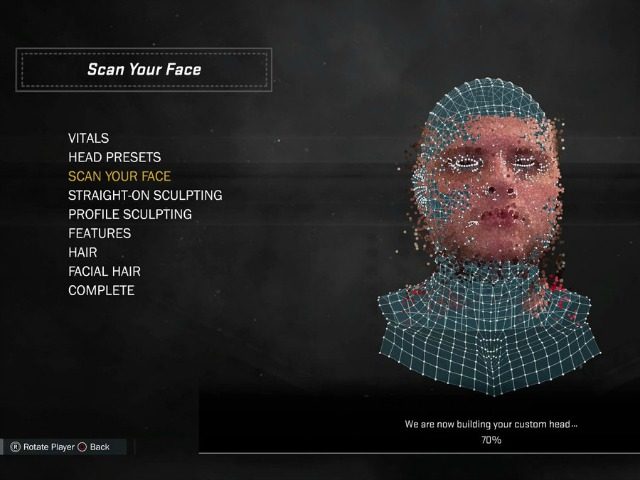2K Games won a long-running case about its right to store and distribute the biometric data it collects from face scans in its games.
When you use your console’s camera to scan your face into one of 2K’s sports titles to create custom players with your likeness, that information is uploaded and stored on 2K Games’ servers. According to the terms of service you almost certainly didn’t read, that means you’ve granted 2K permission to make your face visible to others.
Two players took exception and sued 2K over NBA 2K15 and 2K16 in October 2015. They argued that 2K’s practices violated the Illinois Biometric Information Privacy Act and that the publisher had not obtained explicit informed consent before storing the 3D renditions of their heads.
A judge, however, has decided that there was not enough proof of “sufficient injury” to the plaintiffs, stating:
At best, more extensive notice and consent could have dissuaded the plaintiffs from using the MyPlayer feature, meaning that Take-Two would have never collected the plaintiffs’ biometrics. But the plaintiffs have failed to establish that their use of the MyPlayer feature resulted in any imminent risk that the data protection goal of the BIPA would be frustrated.
Consequently, more extensive notice and consent could not have altered the standing equation because there has been no material risk of harm to a concrete BIPA interest that more extensive notice and consent would have avoided.
The dismissal of this case may set precedent on the rights of corporations on things as sensitive as a digital image of your physical likeness. As the technology to gather precision biometrics advances, that could become a very real privacy concern.
Follow Nate Church @Get2Church on Twitter for the latest news in gaming and technology, and snarky opinions on both.

COMMENTS
Please let us know if you're having issues with commenting.